By its very nature the beautiful is isolated from everything else. From beauty no road leads to reality
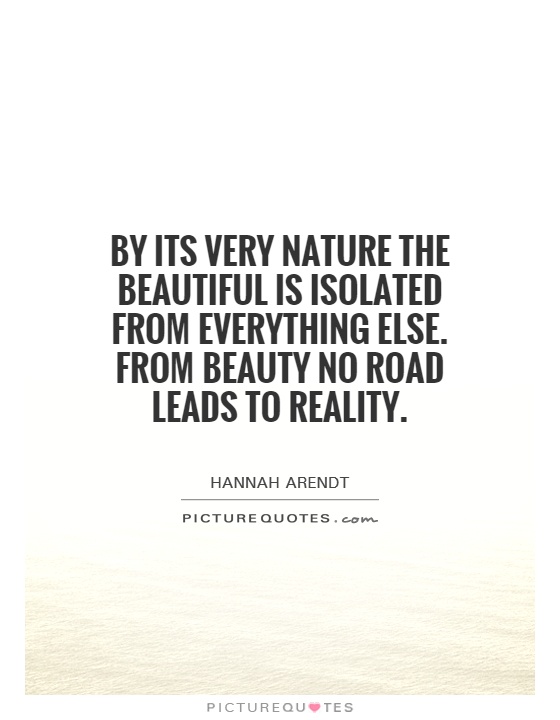
By its very nature the beautiful is isolated from everything else. From beauty no road leads to reality
Hannah Arendt, a prominent political theorist and philosopher, delves into the concept of beauty and its relationship to reality in her works. In her exploration of the nature of beauty, Arendt argues that beauty is inherently isolated from everything else and that there is no direct path from beauty to reality. This idea challenges traditional notions of beauty as a reflection of reality or as a means to access deeper truths.Arendt's assertion that beauty is isolated from everything else speaks to the unique and self-contained nature of beauty. Beauty exists in its own realm, separate from the mundane realities of everyday life. It is a transcendent experience that stands apart from the ordinary and the mundane. This isolation allows beauty to captivate and inspire us, drawing us into a world of aesthetic pleasure and wonder.
Furthermore, Arendt's claim that no road leads from beauty to reality suggests that beauty does not necessarily reveal deeper truths or insights about the world. While beauty can be a source of inspiration and joy, it does not necessarily provide a direct path to understanding the complexities of reality. Beauty is not a mirror reflecting the world back to us; rather, it is a unique and self-contained experience that exists on its own terms.
Arendt's exploration of beauty in relation to reality raises important questions about the nature of aesthetics and the role of beauty in our lives. By emphasizing the isolation of beauty and its lack of direct connection to reality, Arendt challenges us to reconsider our assumptions about the relationship between beauty and truth. Beauty, in Arendt's view, is not a means to an end but an end in itself, a source of wonder and delight that exists independently of the world around us.
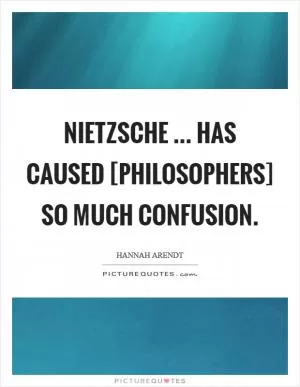







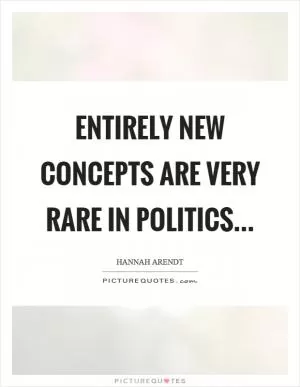
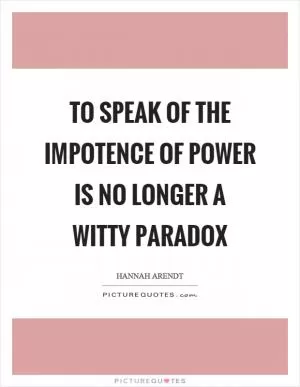
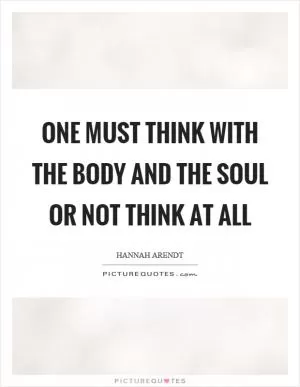

 Friendship Quotes
Friendship Quotes Love Quotes
Love Quotes Life Quotes
Life Quotes Funny Quotes
Funny Quotes Motivational Quotes
Motivational Quotes Inspirational Quotes
Inspirational Quotes